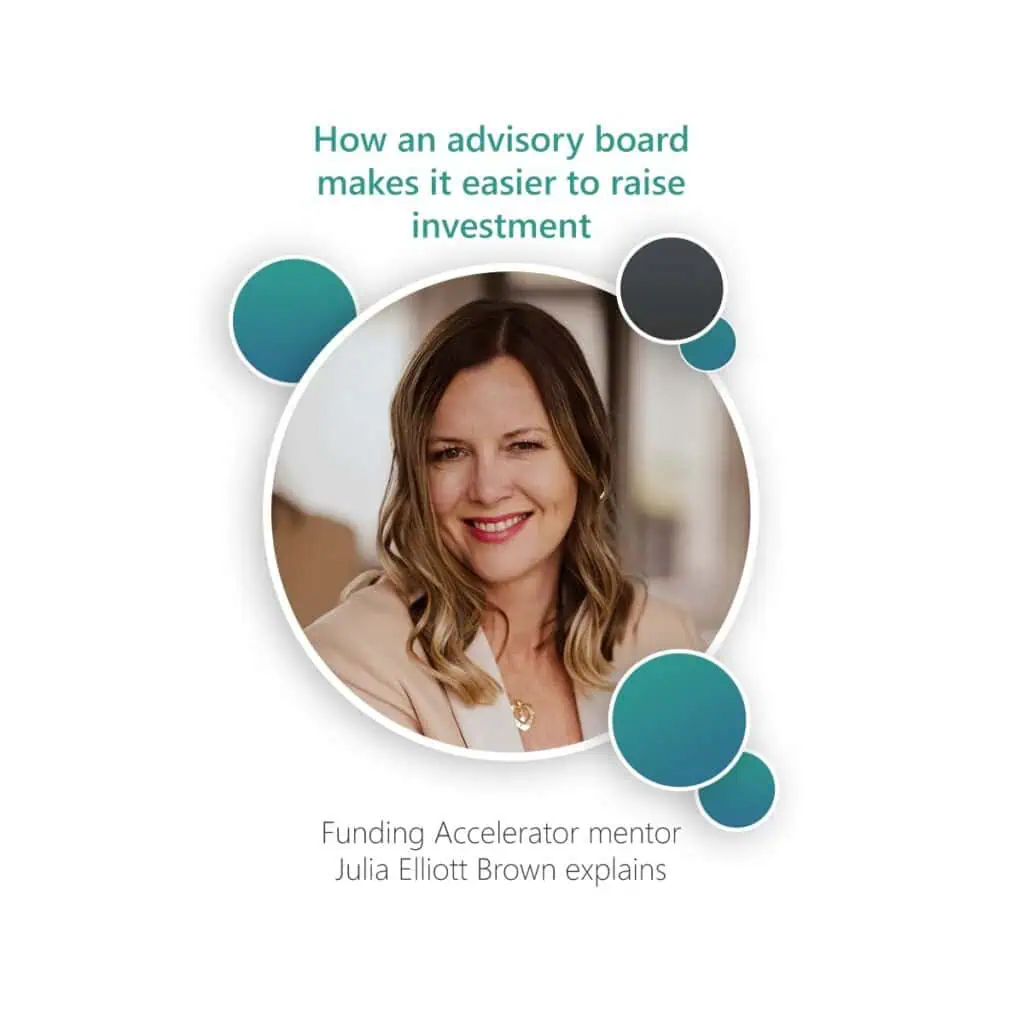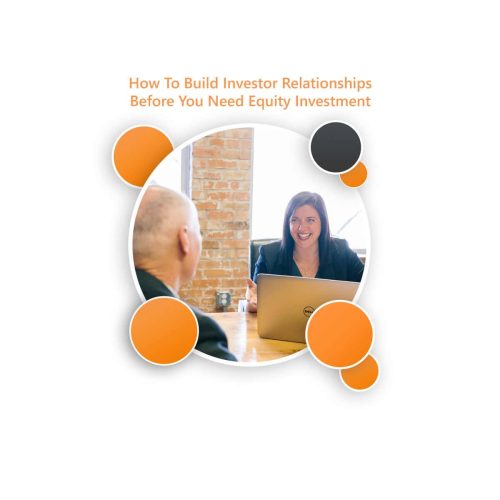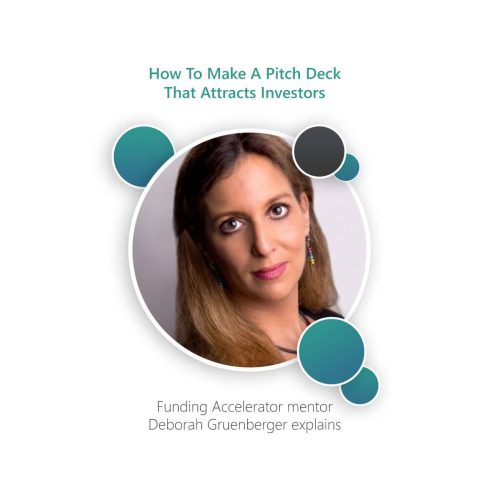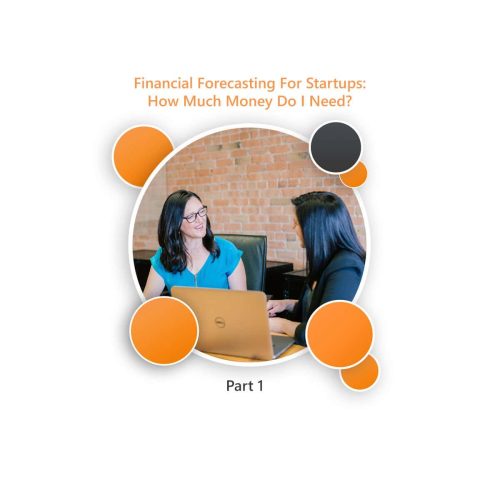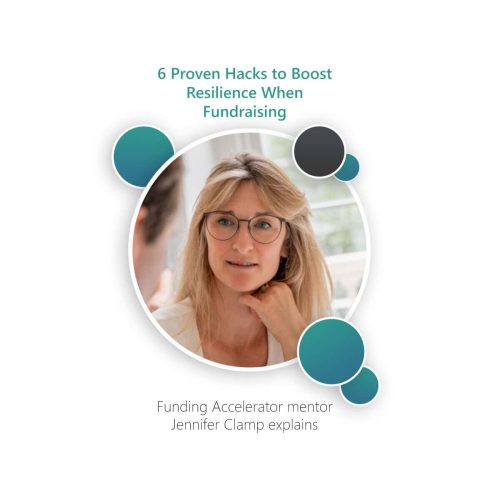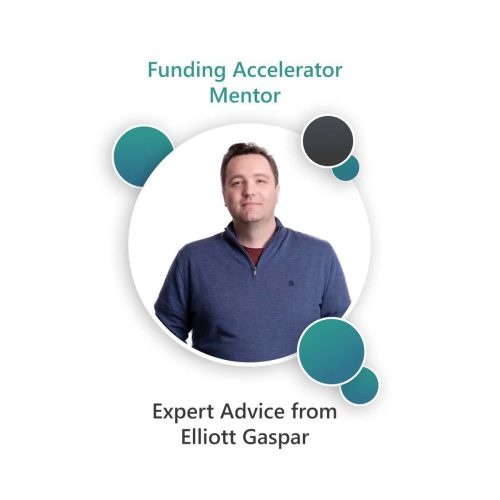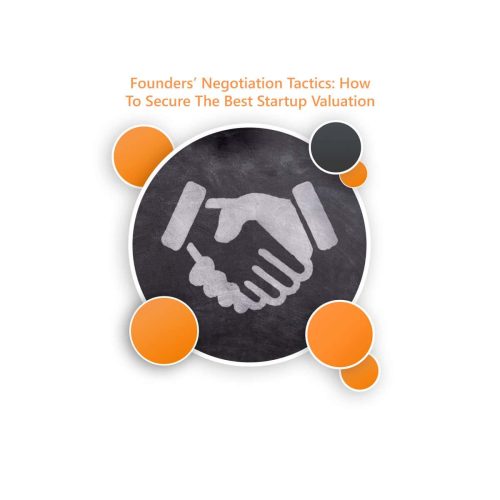Get insider knowledge for making raising investment that bit easier!
Julia Elliott Brown, one of our trusted and expert Funding Accelerator mentors, recently led a workshop which introduced the concepts of formal and advisory boards to our startup founders, and how having a board can help raise investment. Here Julia summarises the key points to help you demystify what an advisory board is, why they are important, and how to set them up for success.
Building a high performing board can feel like one more thing to add to your overflowing ‘to-do’ list as a founder. It can feel like a big task to bring together the right people, and make sure your board really adds value. But the reality is, having a great board can add significant value for you as the founder, and make a big difference as you go out to secure funding.
Introduction To Advisory Boards
An advisory board is a group of experienced individuals who provide guidance, advice, and support to a company’s leadership team. They offer an outside perspective and leverage their expertise to help the business grow and succeed. For startup founders, establishing an advisory board can be a game-changer when it comes to raising investment.
In this article, we’ll explore the importance of raising investment for startup founders, the role of an advisory board in this process, and how it can significantly impact your ability to secure funding. We’ll also discuss the benefits of having a formal company board alongside an advisory board, share case studies of successful companies that have utilised advisory boards, and provide tips for finding and managing your advisory board members.
The Importance of Raising Investment for Start-up Founders
As a startup founder, securing investment is crucial for the growth and sustainability of your business. Raising capital allows you to scale your operations, hire the right talent, develop your product or service, and expand into new markets. Without adequate funding, your startup may struggle to gain traction and compete in the ever-evolving entrepreneurial landscape.
However, the process of raising investment can be daunting, especially for first-time founders. You need to navigate complex financial and legal considerations, present a compelling business case to potential investors, and demonstrate your company’s viability and growth potential.
The top line things you need to know about advisory boards to make raising investment easier:
- There are two types of boards – an advisory board or a formal company board. In the early stages of a startup, a less formal advisory board can offer invaluable guidance without the legal responsibilities of a formal board.
- Formal boards on the other hand, are often established post-institutional investment, and comprise non-executive directors who hold legal obligations and voting rights in business decision-making.
- Establishing an advisory board early is important, as it lays the foundation for future growth and investment readiness. By proactively assembling a team of trusted advisors, startups can show foresight and strategic planning to potential investors, and send a clear message that the founding team benefits from expert guidance and industry insights, setting the stage for success.
- Your board needs to be more than just superficial names on a pitch deck; it should be a structured and deliberate meeting of minds with a regular cadence and clear expectations.
- As your start-up grows, you might look to create a formal board with non-executive directors. This shows your commitment to sound governance and effective decision-making, and again further reinforces your startup’s investment appeal to future investors.
- When you’re focused on securing investment and getting funds into the business, it’s easy to overlook how the board will look post-investment. This is a common challenge, and often leads to dysfunctional board dynamics – and informal advisory board offers you more flexibility.
- It’s important to have diverse perspectives and expertise on your board. Founders will be part of the board, and often investors will request to have a board seat particularly if they’re leading an investment round. But be mindful that they don’t always have the qualities it takes to make great board members.
- Independent professionals are incredibly valuable additions to the board as they bring diversity to discussions, and add depth and impartiality to board discussions. As the founder you can be deliberate about their appointment and ensure they bring what you need to support your business in achieving its potential.
- The role of the board chair is often overlooked but is extremely important for productive board meetings. A strong, independent chair is essential for steering discussions, ensuring equitable participation, and maintaining focus on strategic objectives.
Case Studies: Successful Companies that Utilised Advisory Boards for Raising Investment
- Airbnb: Airbnb, the renowned home-sharing platform, built a strong advisory board that included industry experts, former executives, and experienced investors. This board helped the company refine its business model, navigate regulatory challenges, and secure significant funding from high-profile investors.
- Stripe: Stripe, the digital payments company, assembled an advisory board that included renowned technologists, financial experts, and successful entrepreneurs. This board provided strategic guidance, introduced the company to potential investors, and helped Stripe become one of the most valuable private companies in the world.
- Glossier: Glossier, the popular beauty brand, leveraged its advisory board to gain insights into consumer trends, refine its product development, and connect with influential investors in the beauty and retail industries. This helped the company secure multiple rounds of funding and achieve rapid growth.
The Impact of an Advisory Board on Raising Investment for Startups
In the dynamic and competitive world of entrepreneurship, an advisory board can be a powerful asset in your quest to secure investment and drive your startup’s growth. By leveraging the expertise and connections of your advisory board members, you can enhance your investor readiness, access new funding sources, and demonstrate the strength of your company’s governance and leadership. If you’re a startup founder looking to raise investment, consider assembling a strategic advisory board to support your journey. Schedule a workshop with our team to learn more about how an advisory board can benefit your business.
Learn more from our other Funding Accelerator mentors
- Market research for Pitch decks
- Master engagement marketing: and you’ll future-proof your startup
- 3 Things Investors Look for in a Financial Forecast: The Perfect Blend
- Founders’ Negotiation Tactics: How To Secure The Best Startup Valuation - May 12, 2025
- How To Master Your Sales Lifecycle: Close Deals Faster And Smarter - April 30, 2025
- How To Maximise Your Business Valuation And Attract Investors - April 7, 2025

